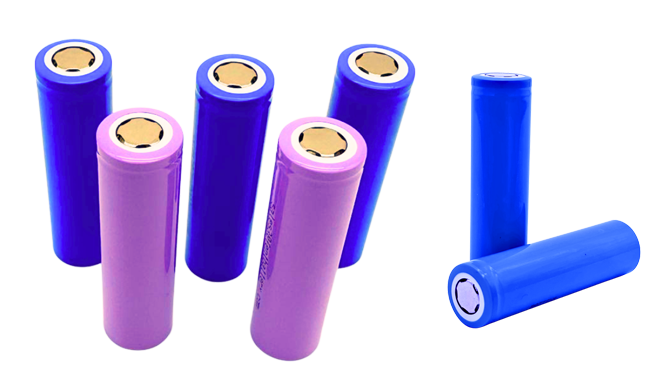Which is better, polymer lithium battery or 18650 lithium battery?
The concept of lithium batteries is used very frequently, and with a little attention, we will find that there are actually three differences in using this concept: broad, narrow, and narrow. The broad definition of lithium batteries includes lithium primary batteries and lithium-ion batteries; Due to the wider application of lithium-ion batteries compared to lithium primary batteries, lithium-ion batteries generally refer to lithium-ion batteries in a narrow sense; There are two categories within lithium-ion batteries: polymer lithium-ion batteries and liquid lithium-ion batteries. Due to their higher quality and greater application, liquid lithium-ion batteries are commonly referred to as polymer lithium-ion batteries. If we compare the difference between lithium polymer batteries and lithium batteries in a broad and narrow sense, the only difference is the relationship between species and genus concepts, and lithium polymer batteries are included in lithium batteries. Therefore, the comparative significance lies in the narrow comparison between polymer batteries and liquid lithium-ion batteries. Based on this, lithium batteries are referred to as liquid lithium-ion batteries.
1. The fundamental difference lies in the raw materials② The electrolytes for polymer batteries include polymer electrolytes (solid or colloidal) and organic electrolytes, while lithium batteries use electrolytes (liquid or colloidal)

Polymer batteries can achieve thinning, arbitrary area, and arbitrary shape because their electrolytes can be solid or colloidal rather than liquid. Lithium batteries, on the other hand, use electrolytes and require a sturdy outer shell as secondary packaging to contain the electrolyte. Therefore, this also adds some weight to lithium batteries.
The current polymers are mostly soft pack batteries, which use aluminum-plastic film as the outer shell. When organic electrolytes are used inside, even if the liquid is very hot, it will not explode because aluminum-plastic film polymer batteries are solid or colloidal and do not leak, only naturally rupture. But nothing is absolute. If the instantaneous current is large enough to cause a short circuit, it is not impossible for the battery to self ignite or burst. This is often the cause of safety accidents in mobile phones and tablets.
Due to the use of polymer materials, polymer batteries can be assembled into multiple layers to achieve high voltage, while lithium battery cells have a nominal capacity of 3.6V. To achieve high voltage in practical applications, multiple cells need to be connected in series to form an ideal high-voltage working platform. If we compare polymer batteries and lithium batteries based on the above characteristics, the conclusion is certain. However, lithium batteries still dominate the market, indicating that they also have relative advantages. Let's continue to compare.
The solid electrolyte of polymer battery has low ionic conductivity. At present, some additives are added to make it a gel electrolyte to improve the conductivity. This only increases the ion conductivity, unlike the stable conductivity of lithium batteries, which is not affected by the quality of auxiliary materials.
The capacity of polymer batteries has not been effectively improved and has decreased compared to standard capacity lithium batteries.

High safety LiFePO4 battery,long cycle life,Fast Charging

High rate Discharge,fast charge,long cycle life

High safety performance. Wide voltage coverage range,4.2~4.4V serises.

4.2~4.5V wide voltage coverage,high safety and high energy density.
E-Mail: inquiry@fentbattery.com
Tel: 0086 20 3901-1403
Address: No.3, Dongli Road, Xili, Dongyong Town, Nansha District, Guangzhou City, China
Copyright@ China lithium ion battery manufacturers & suppliers & producers | Lithium Battery Factory & Company-BATTSYS Sitemap